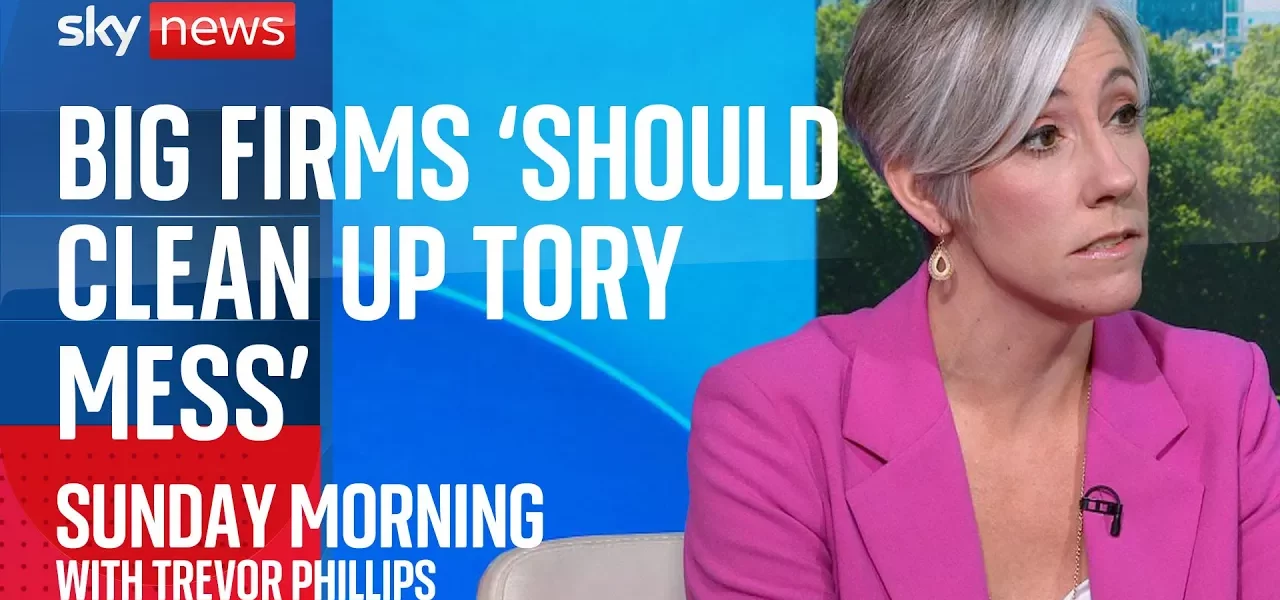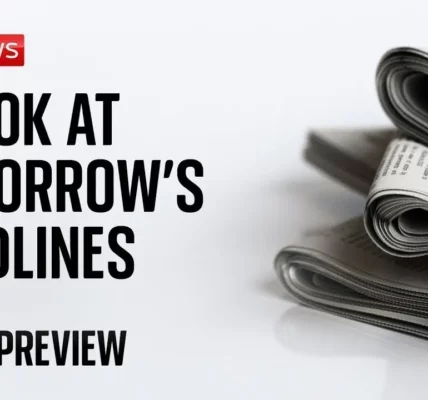UK Budget 2023: Tax Rises, Spending Cuts, and the Liberal Democrats’ Position

This article delves into the complexities of the upcoming UK budget, exploring the implications of tax rises and spending cuts. It also highlights the Liberal Democrats’ stance on economic policies and public services, shedding light on how these decisions affect everyday citizens.
Introduction
The UK is on the brink of a significant budget announcement that could reshape the economic landscape. With discussions surrounding tax rises, spending cuts, and the looming £22 billion black hole presented by Labour’s Rachel Reeves, the stakes are high. The Liberal Democrats, now a more substantial force in Parliament, are poised to weigh in on these critical issues. This article aims to provide a comprehensive overview of the current economic challenges, the proposed budgetary changes, and the implications for public services, particularly the NHS and care sectors.
The Economic Context
The economic backdrop of the UK has been tumultuous, with rising costs of living and significant public dissatisfaction. The Conservative government has faced criticism for its handling of the economy, which has resulted in numerous overspends and delayed spending reviews. The following subsections will explore these issues in detail.
The ‘Black Hole’ in the Budget
Rachel Reeves’ assertion of a £22 billion black hole highlights the challenges facing the government. This deficit arises from a combination of factors:
- Mismanagement of funds within various government departments, particularly the Home Office.
- Delayed reviews leading to overspending.
- Labor’s own financial pledges contributing to the current fiscal situation.
Understanding the origins of this black hole is crucial for determining how to address it effectively.
Public Services and the Economy
Amidst these financial challenges, the primary concern for citizens is the state of public services. The Liberal Democrats emphasize that the burden of rectifying the Conservative government’s fiscal mismanagement should not fall on struggling families but rather on large corporations that have benefitted disproportionately. Key points include:
- Taxing large banks and tech companies to generate revenue.
- Ensuring that public services, especially the NHS and social care, receive adequate funding.
- Maintaining support for small businesses and care providers to prevent closures.
The Liberal Democrats’ Stance on Taxation
As the budget approaches, the Liberal Democrats have made their position clear regarding potential tax increases. Their focus is on ensuring that tax burdens are equitably distributed.
Taxing Big Corporations
The party advocates for revisiting tax cuts offered to large banks since 2015. They believe that reversing these cuts could yield significant revenue:
- Proposed reversal of tax cuts could generate an estimated £4 billion.
- Encouragement for the government to implement fair taxation on profitable sectors.
Concerns Over National Insurance Contributions
There is significant apprehension regarding proposed increases in National Insurance contributions, particularly for small businesses and care homes. The Liberal Democrats argue that such measures could:
- Cause financial strain on already struggling care providers.
- Lead to closures of essential services that many depend on.
This perspective highlights the party’s commitment to protecting small businesses while advocating for responsible taxation of larger entities.
The Role of Public Services in Economic Recovery
The NHS and social care services have been at the forefront of discussions regarding public spending. Daisy Cooper, the Liberal Democrats’ treasury spokesperson, shares a personal narrative underscoring the importance of robust health services:
Personal Experience and the NHS
Cooper’s experience with the NHS, notably her battle with a severe health condition, serves as a poignant reminder of the health service’s significance. Key points include:
- The NHS’s ability to save lives and provide critical support.
- The need for increased investment in healthcare to ensure that it can meet the demands of the population.
- The correlation between health services and economic productivity, illustrating that a healthy workforce is essential for economic growth.
Funding for Public Services
The Liberal Democrats propose that if the government intends to increase spending for public services, it should consider:
- Adjusting fiscal rules to allow for more borrowing for essential services.
- Focusing on taxing large corporations to fund public sector improvements.
- Prioritizing health and care services within the budget to ensure a comprehensive approach to recovery.
Conclusion
As the UK prepares for a pivotal budget announcement, the discussions surrounding tax rises and spending cuts are more critical than ever. The Liberal Democrats have positioned themselves as advocates for fair taxation, emphasizing that the responsibility for economic recovery should not fall on the shoulders of struggling families. With their commitment to protecting public services, particularly the NHS, and their calls for corporate accountability, they offer a clear alternative vision for the future. To stay informed on the evolving economic landscape and the implications for public policy, readers are encouraged to explore related articles on our site.
“`




